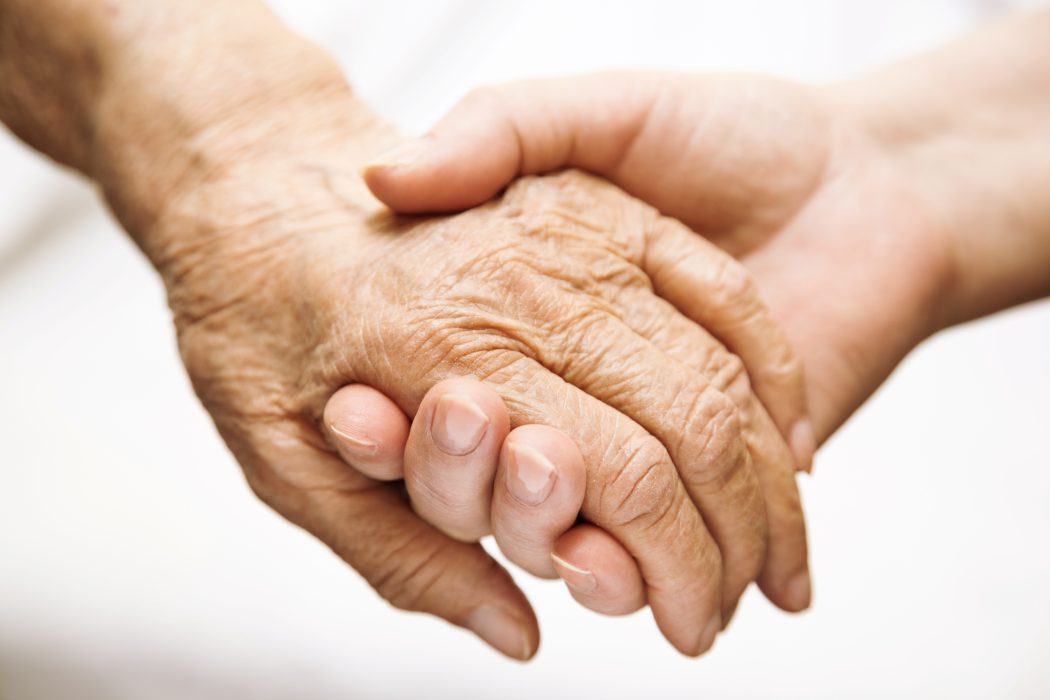You probably don’t think about them too much, except maybe which polish colour to choose next? But, you would be surprised what those little keratinized extensions of our fingertips (your fingernails) can tell us about our nutrition, and our health status overall.
Naturopaths often include an examination of a patient’s nails as part of their routine health evaluations. Signs on the nails may be an indication of certain conditions or deficiencies. However, it is not a definitive diagnosis without also looking at many other aspects of an individuals health in order to get the most informed view and create a holistic treatment plan.
What’s considered normal differs in everyone, but generally, fingernails should be clear, smooth, pliable and peachy-pink in colour.
There are numerous conditions that can affect the nails – too many to mention here, but in many cases, it is a nutritional deficiency that may be causing your nails’ odd appearance. However, it may also be that your body is not effectively absorbing nutrients or you may even be low in stomach acid – vital to digestion.
The 5 nail health signs to watch out for
White spots
Ever noticed white spots on your nails? While this is most often due to mild trauma (like nicking your nail), it can also indicate a zinc deficiency.
Zinc is found in such foods as oysters, red meat (especially lamb), legumes, nuts, egg yolks, oats, pumpkin seeds, green leafy vegetables, and cocoa or dark chocolate.
Hangnails
Lack of Vitamin C can cause pesky and often painful hangnails. Vitamin C-rich foods are citrus, berries, mango, peppers, tomatoes, cabbage, and leafy greens.
Horizontal lines, ridges and spoons
What about horizontal lines or ridges across your nails? Sometimes called Beau’s lines – these may also be due to a zinc deficiency but could be indicative of low iron or anemia. Nails can be spoon-shaped at the tips with iron deficiency as well.
To pump more iron into your day, try spinach and other dark leafy greens like kale. Also, red meat, liver, egg yolks, beans, shellfish, dried fruit and blackstrap molasses – are all good sources.
It’s a good idea to pair those iron-rich foods with sources of Vitamin C for better absorption.
Example: fresh spinach and strawberry salad, topped with lean chicken for extra protein – also vitally important for healthy looking nails.
Dry, brittle and peeling
Dry, brittle, thin or peeling nails? Could just be dry nails, but possibly a lack of protein, Vitamin D &/or B Vitamins in your diet.
Food sources of Vitamin D are limited as it’s naturally attained by exposing your skin to sunlight, hence being dubbed the Sunshine Vitamin. However, fish, liver and egg yolks are reasonable sources, as well as many fortified dairy products.
Be sure to incorporate Vitamin B-rich foods into your diet as well, such as whole grains like brown rice and oats, eggs, yogurt, milk and cheese, poultry, lamb, mushrooms, pumpkin, cabbage, broccoli, asparagus, spinach, tomatoes, cauliflower and many types of beans.
No half moons?
Ever noticed the lighter-toned half-moons at the base of your fingernail? Or perhaps you haven’t noticed them because they’re absent!
This is usually due to a Vitamin B12 deficiency and is associated with anemia. Vegetarians often have trouble attaining enough B12 as it’s found primarily in animal foods, so they’re encouraged to sprinkle cheesy-tasting nutritional yeast onto foods – or supplementation may be prudent.
As always, getting your full complement of nutrients is encouraged through whole food sources, but sometimes our diet just isn’t meeting all of our needs and this is where supplementation may be necessary – for all of the reasons we discussed in the article “Nutrient Deficiencies: Why Nearly Everyone Has Them!”
Check your nails weekly for something that may be out of the “norm” for you and inform your health practitioner. Be sure to discuss what nutritional deficiencies, digestion and/or absorption issues may be a contributing factor to the problem.







What is the best product for sleep.
Thank you for your interest! To help you fall asleep and stay asleep, you may be interested in trying our Magnesium Sleep formula. It contains 125mg of magnesium bis-glycinate, 100g of GABA and 2.5mg of melatonin per capsule. Learn more about Magnesium Sleep here: https://canprev.ca/products/magnesium-gaba-melatonin-for-sleep/
I was able to find good advice from your blog posts.